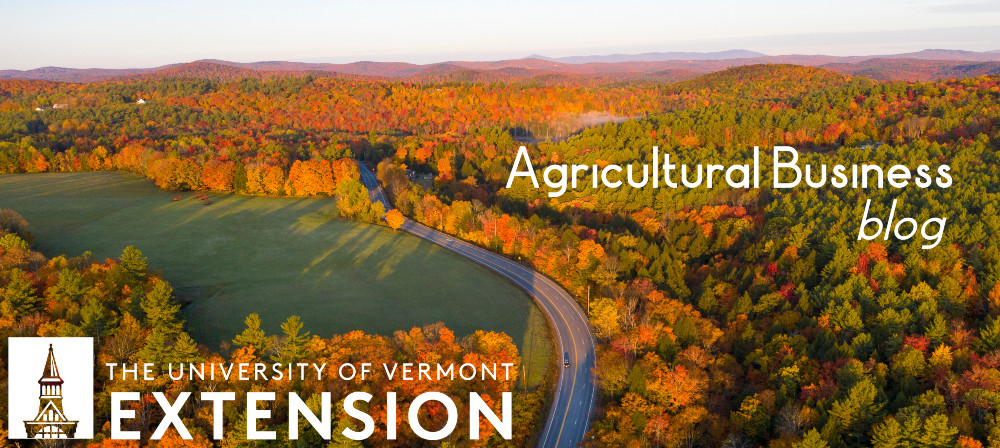As global maple syrup production increases the markets, communities, and business owners are facing changes. Vermont has a long cultural heritage of syrup production ranging from subsistence production to commercial activity for over 100 years. 2018 is no different… for every new maple enterprise setting up to tap 50,000 trees we are likely to have 10+ new hobby producers making their own syrup and selling the excess directly in their neighborhood.
Research on farm economics has demonstrated how farms can often get caught in the middle of the push and pull of dynamic business environments and consumer preferences. The 2008 text Food and the Mid-Level Farm (Lyson, Stevenson, Welsh) explains the dilemma that faces “agriculture in the middle.” The super-small farm can often maintain a specialty niche that serves local or direct clientele. It’s common that these farms might be part-time or lifestyle farms. They may be profitable but it may not matter. The largest scale farms are producing goods at low costs and high volumes and they are serving broader markets that value uniform product, lower price points, and require sophisticated supply chain logistics. What’s left is the farm “in the middle”. These farms are full time jobs for their owner -operators that need to earn a livelihood from risky business activity. They are too big to be accepted in niche markets and too small to compete with the big players.
The recent maple price downturn has begun to reveal where the “middle maple producer” may be. Four years of maple finance benchmark analysis has shown how a reasonable owner livelihood can disappear as the business environment shifts. A small sample of 7,500-15,000 tap maple producers in VT has demonstrated the looming risk for a formerly viable owner-operated bulk syrup enterprise that can’t break even if market prices stay below $2.10 per pound. These businesses can be a too big to pivot into niche direct marketing and too small to compete in the larger wholesale markets. We don’t know where the sweet spot for a commercially viable “middle” operation will be but we do know not to assume it will stay in the same place forever. We also wait to see if a group of informed consumers that value the people and practices of “ag in the middle” will persist.


